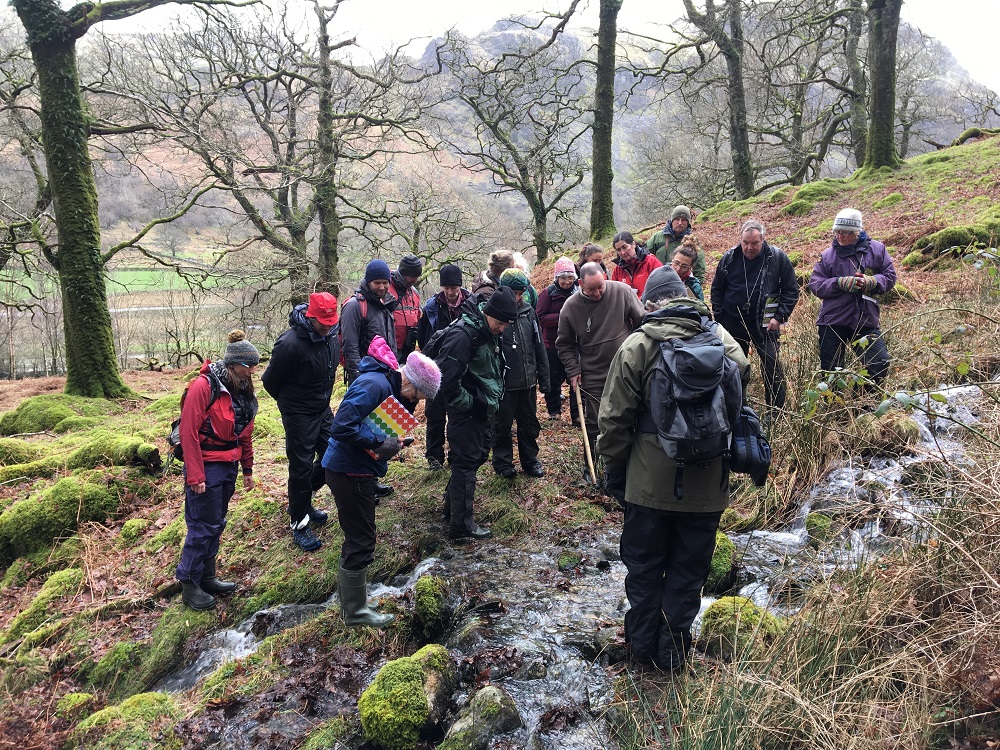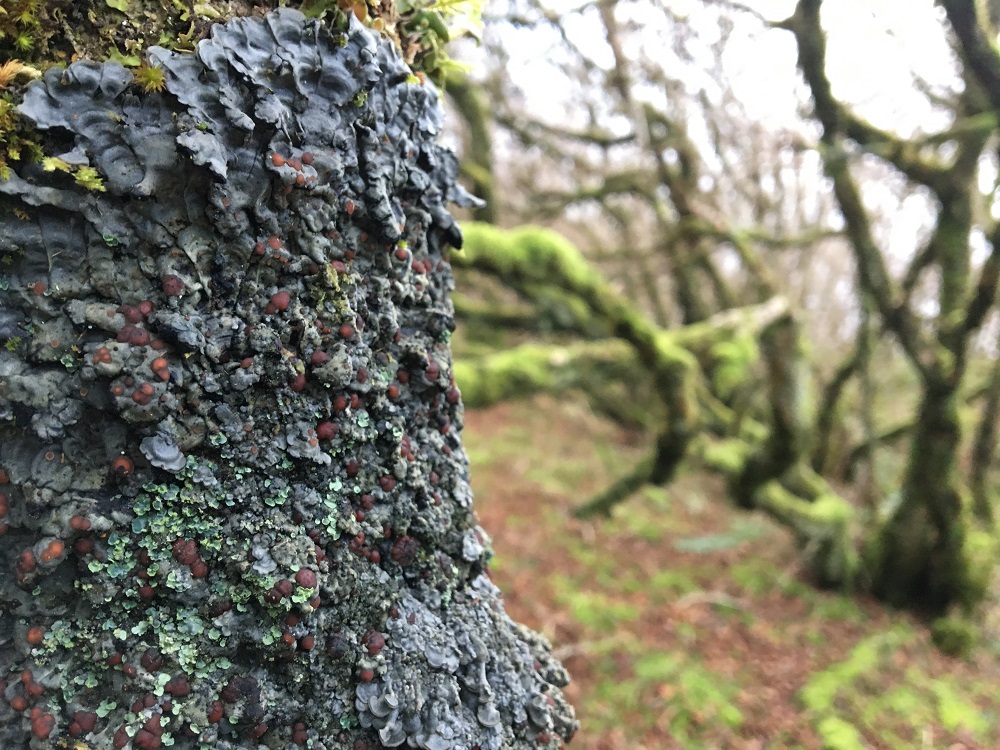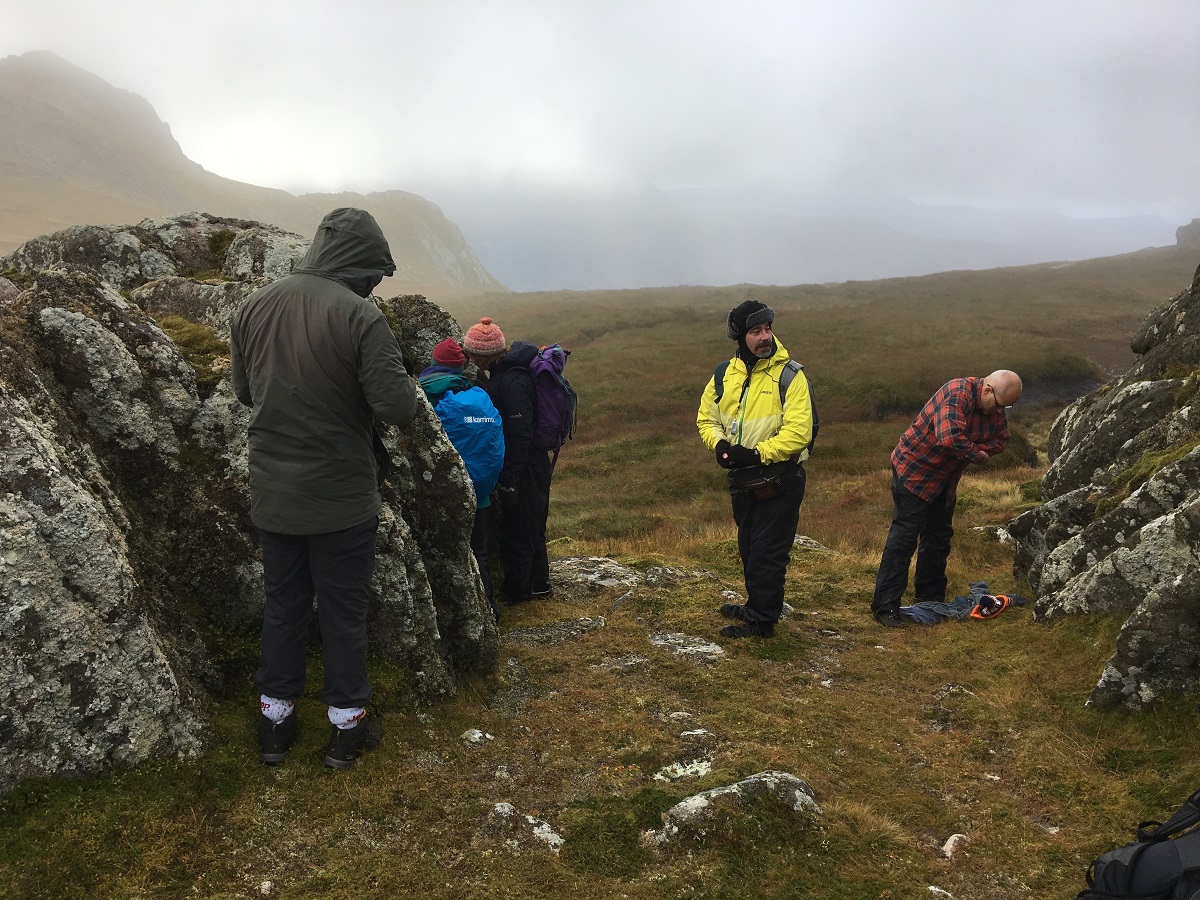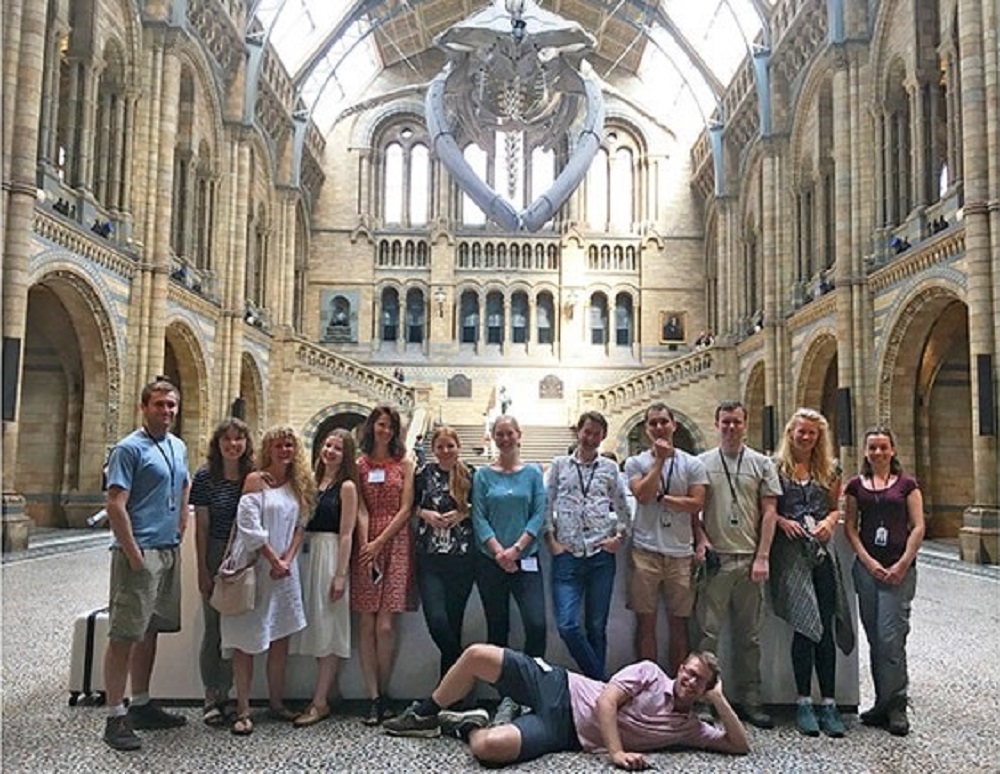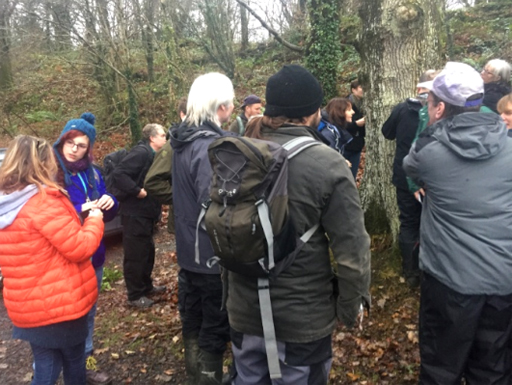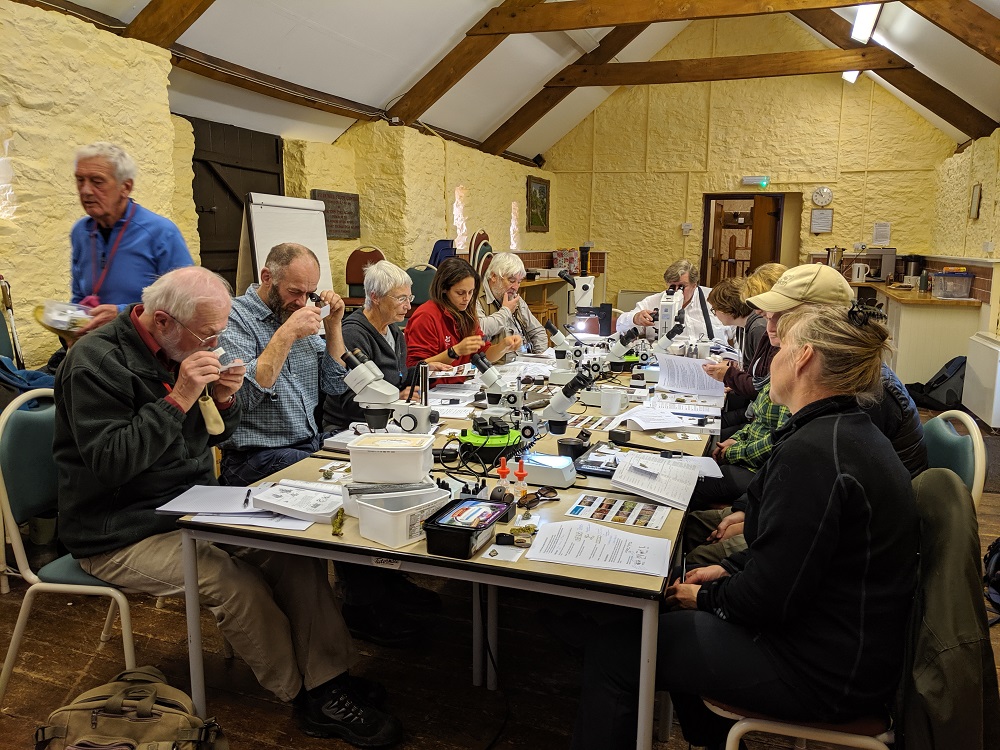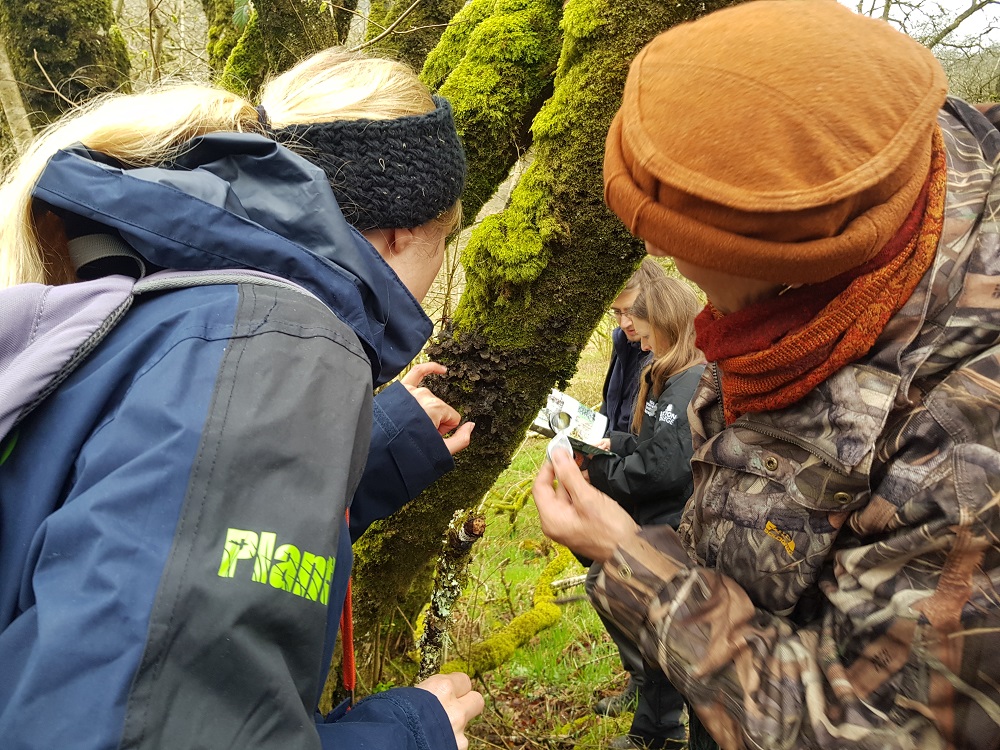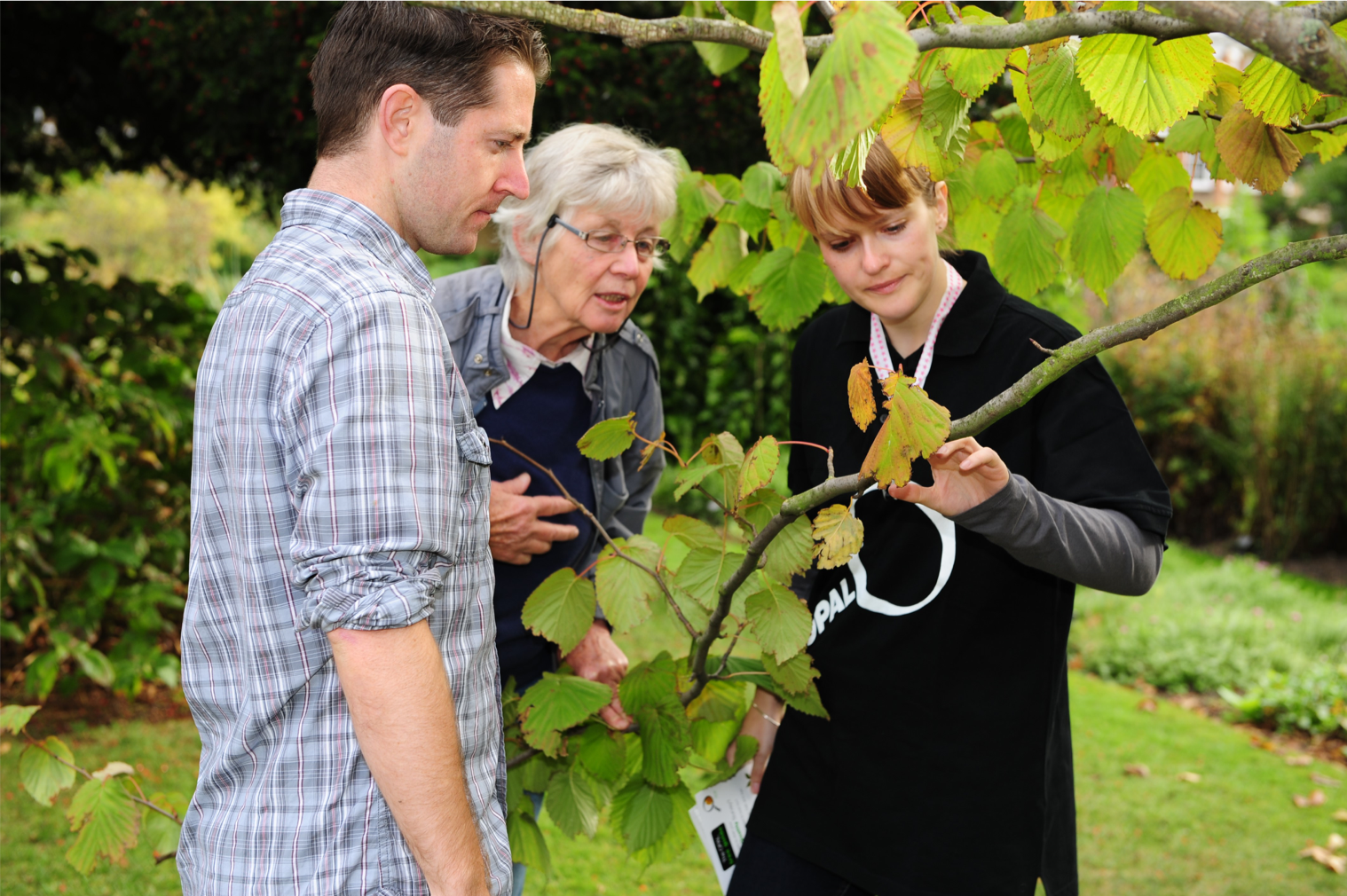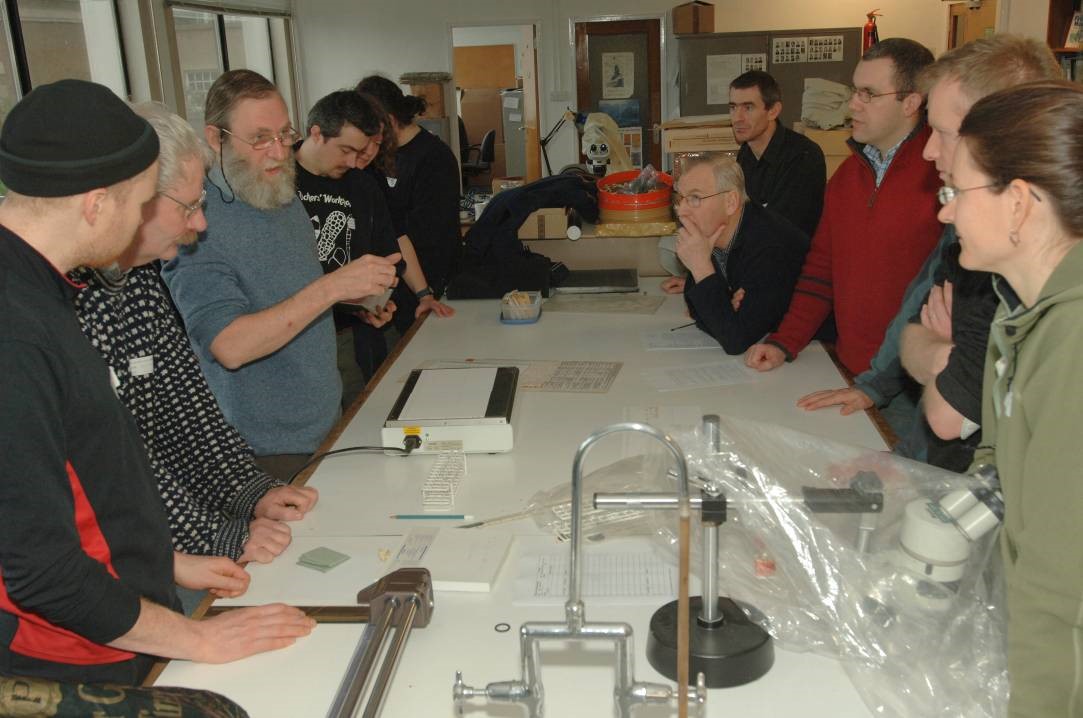
The Scottish Lichen Apprenticeship (LA) Scheme was a three-year (2003 – 2006) training programme, coordinated by Sandy and Brian Coppins to address the ever-growing skills gap in lichenology.
To date, this is the most successful lichen scheme that has been delivered in Britain, where many of the top lichenologists today were trained as Lichen Apprentices.
The Lake District is a national stronghold for Atlantic woodlands and the lichen-bryophyte assemblages that define this habitat. In 2018, Plantlife was awarded a Heritage Lottery Fund (HLF) grant to deliver a two-year project (2018 - 2020) to provide people with an opportunity to explore the wonders of Cumbria’s rainforest.
The Alliance for Scotland’s Rainforest is a voluntary partnership of organisations that are involved with Atlantic woodlands along Scotland’s west coast. This is a collaborative approach to raise the profile, conserve and engage people with this international important woodland habitat.
The Lost and Found Fungi (LAFF) project was a volunteer / citizen science-based conservation project delivered between 2014 – 2020 by RBG Kew.
It aimed to increase awareness, recording, and knowledge of 100 rarely-recorded fungi in the UK (LAFF100), which included a suite of lichen species.
The ID Trainers for the Future project, coordinated by the Natural History Museum was a successful partnership training programme delivered between 2014 – 2018. During this period, fifteen trainees across three cohorts undertook a one-year, work-based training programme and were provided with the opportunity to specialise in a taxonomic group of their choice.
The CENNAD Lichen Apprenticeship Scheme was a two-year Plantlife project delivered from 2016 to 2018 across Wales, by Project Officer Tracey Lovering. Here, a specialist lichen training programme was offered to 15 apprentices to develop their knowledge and skillset in lichen identification and recording.
Building Resilience in South West Woodlands was a four-year Plantlife project (2018 – 2022), to raise awareness of Atlantic woodlands across Cornwall, Devon and Somerset, whilst implementing important management works to ensure the conservation of these habitats.
The Make the Small Things Count project was a two-year Heritage Lottery Funded project delivered by Plantlife between 2015 – 2017, celebrating the Atlantic woodlands of the South West and the lower plants that are found there.
OPAL was an exciting initiative formed from a giant partnership of c. 22 scientific, educational and government organisations that was run from Imperial College London and funded by the Big Lottery in two phases from 2007-2016.
